DHAKA, June 19 (V7N)– Chief Adviser Professor Muhammad Yunus today issued a strong call for the prioritization of natural ecosystems and population considerations during the implementation of the ambitious 'Teknaf to Tetulia Integrated Economic Corridor Development' project. The project, prepared by the Asian Development Bank (ADB), aims to transform Bangladesh's southeast-to-northwest transport network into a driver of economic growth.
During a high-level meeting at the State Guest House Jamuna in Dhaka, Professor Yunus specifically instructed officials to ensure that water bodies remain "unharmed and uninterrupted" throughout the project's execution. He highlighted Bangladesh's identity as a delta nation, emphasizing that river systems are the "first priority" and that development must not impede natural water flow.
"We must remember that Bangladesh is a delta. We don't want to interrupt our water flow. Our first priority is our rivers. We would go all the way in a different direction if it's necessary," stated Chief Adviser Yunus.
The ADB's Country Director for Bangladesh, Hoe Yun Jeong, and officials from the Economic Relations Division (ERD) presented the project's vision, strategy, and implementation process. The initiative is designed to facilitate inclusive and sustainable economic transformation through an integrated approach to infrastructure, industrial growth, logistics, and regional connectivity.
Professor Yunus outlined three critical focal points for the project: the preservation of water bodies, careful consideration of population distribution, and the enhancement of international connectivity. He stressed that as a flood-prone country, construction must be planned to prevent exacerbating flooding and to ensure roads, bridges, and railways can serve as safe havens for people during floods.
Regarding international connectivity, the Nobel Peace Laureate expressed a vision beyond national borders. "We want to create an investment hub here. So, make sure that roads don't stop here. We also want to connect neighboring countries, including Nepal and Bhutan. Because that's the future," he explained.
Underscoring his commitment to environmental preservation, Professor Yunus asserted, "We are the children of nature. We don't want to destroy it. We want to live in it." To ensure ecological considerations are central to the project, he directed the team to include water experts and develop a comprehensive master plan.
Road Transport and Bridges Adviser Muhammad Fouzul Kabir Khan echoed these sentiments, highlighting the importance of environmentally conscious development. He cited past negative consequences of infrastructure projects, such as a "massive road in the haor region that ultimately devastated the local ecosystem and led to severe flooding for residents," underscoring the need to avoid similar outcomes.
Key attendees at the meeting included the Chief Adviser's Special Envoy on International Affairs Lutfey Siddiqi, Principal Coordinator for Sustainable Development Goals (SDGs) Affairs Lamiya Morshed, and Principal Secretary Siraj Uddin Mia.
The 'Teknaf to Tetulia Integrated Economic Corridor Development' project represents a significant step towards sustainable infrastructure development in Bangladesh, aiming to balance economic growth with crucial ecological preservation in a climate-vulnerable nation.
END/MSS/RH/



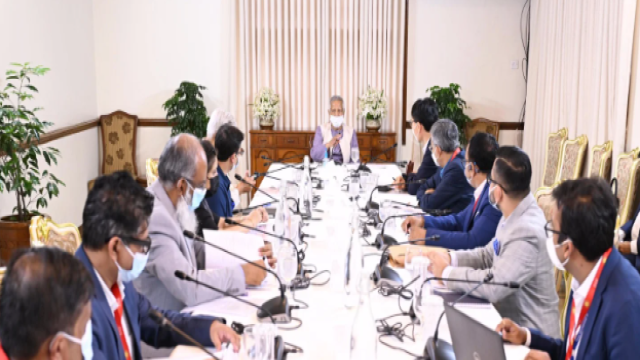
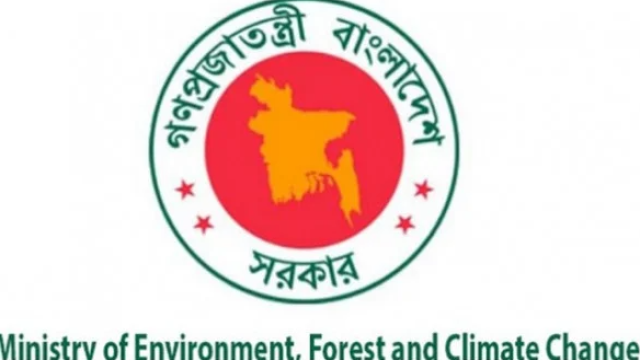
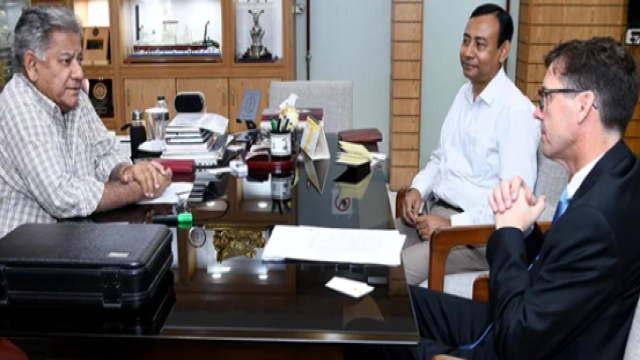

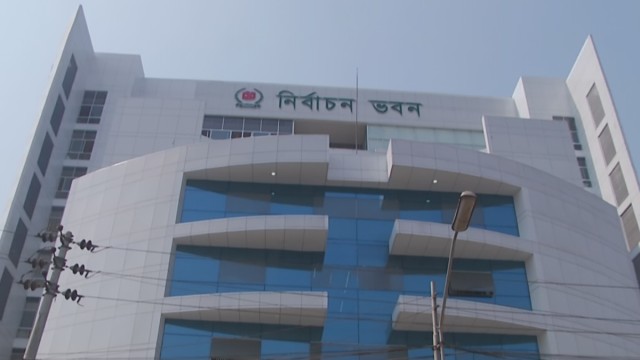
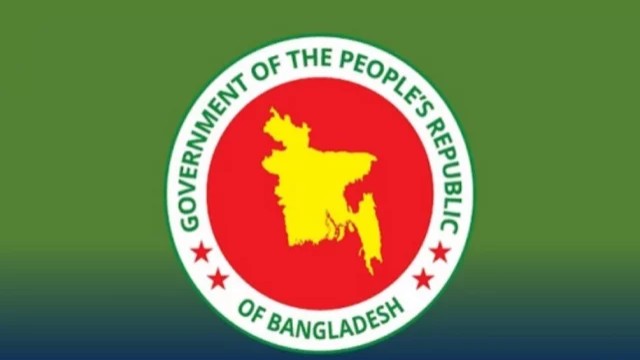
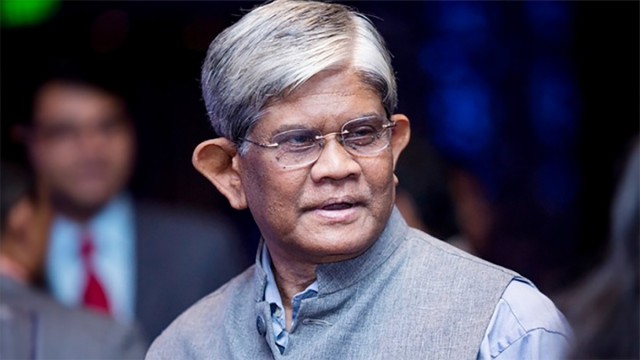
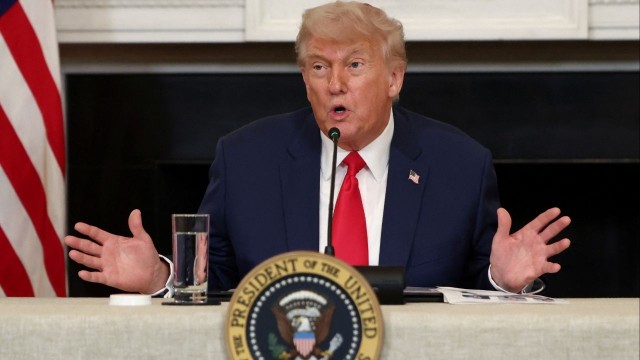
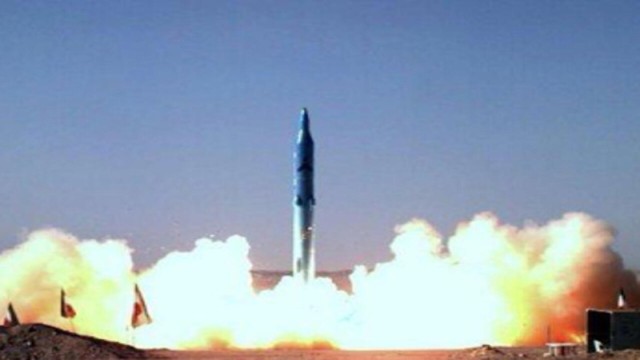
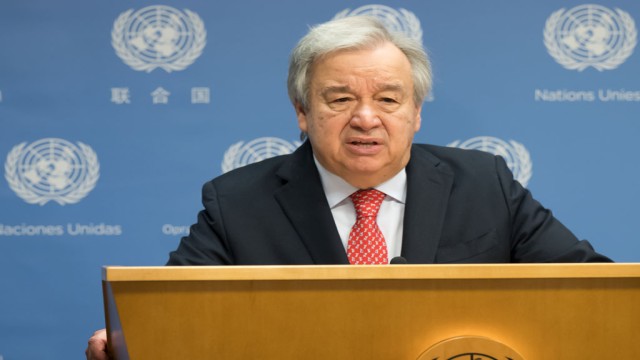
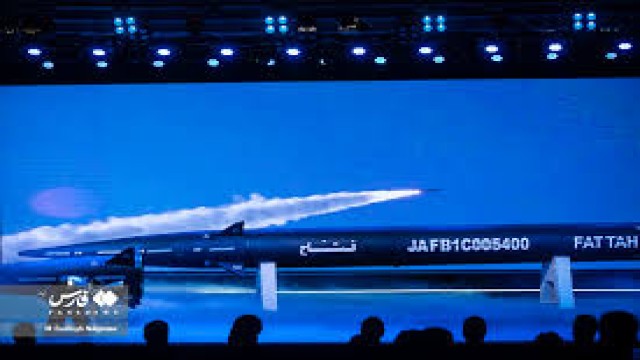
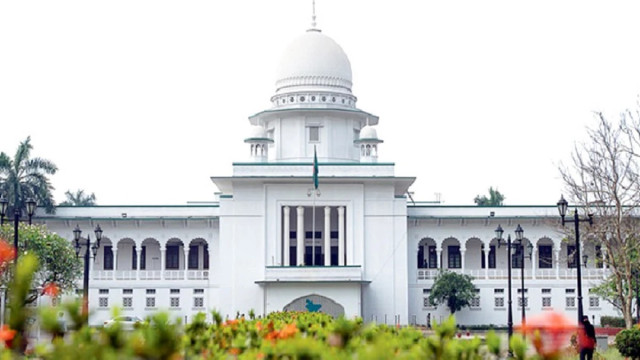
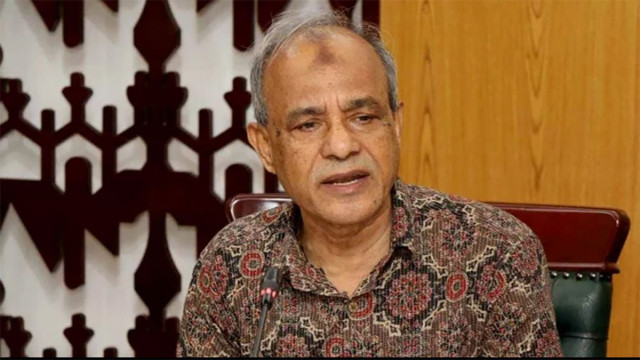
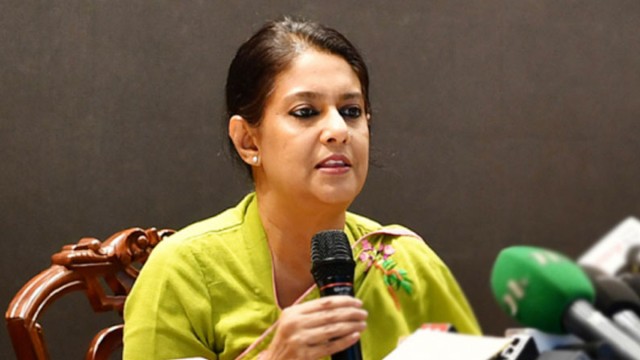

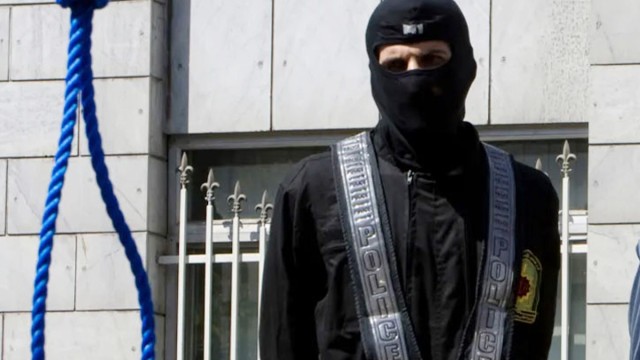


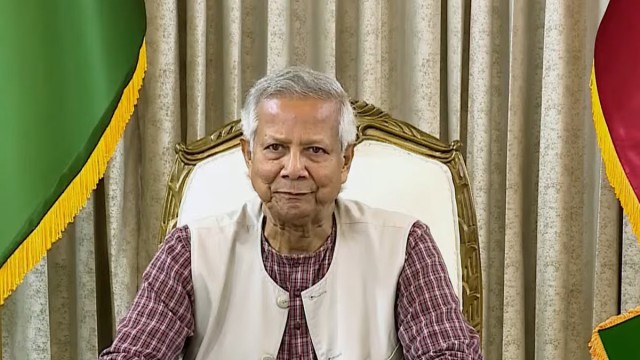
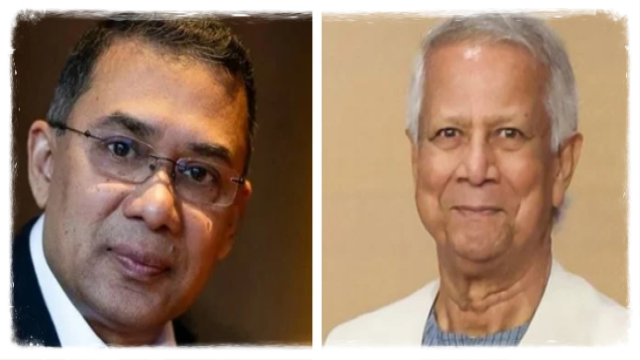

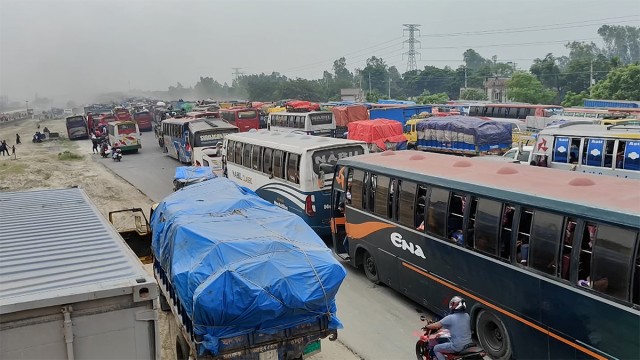

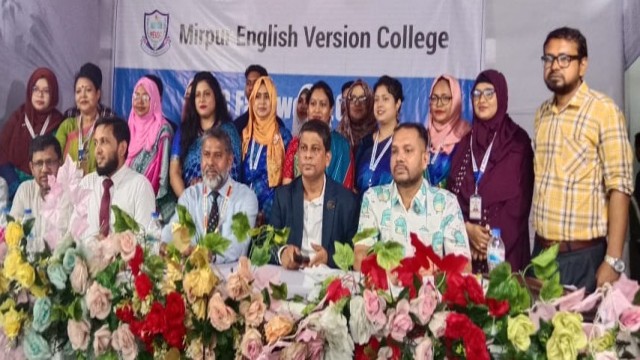

Comment: